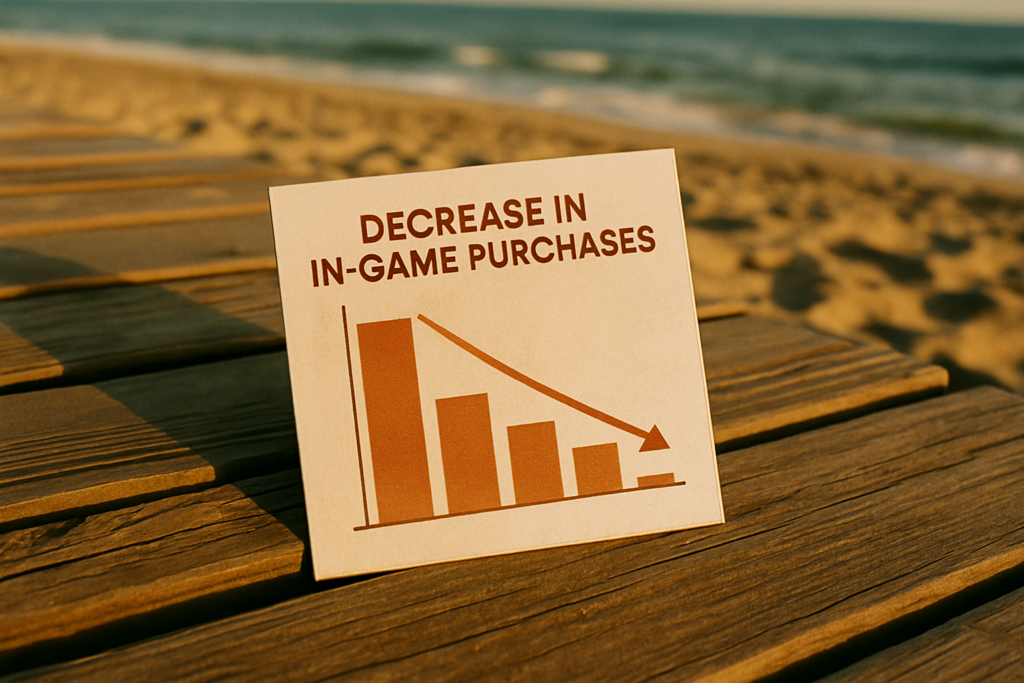As a game developer, I understand the vital role that community engagement plays in the success of any gaming project. Building a strong and interactive community around your game can lead to invaluable feedback, loyal fans, and a vibrant player base. It’s not just about creating a game; it’s about fostering a connection with the people who will ultimately enjoy and support your work.
In today’s competitive gaming industry, establishing a dialogue with your community is more critical than ever. By actively involving players in discussions, updates, and events, developers can create a sense of belonging and ownership that transcends mere gameplay. Embracing community engagement isn’t just a trend; it’s a strategic decision that can shape the trajectory of your game’s development and long-term success.
Understanding the Importance of Community Engagement for Game Developers
In thinking about the significance of community engagement for game developers, I realize it’s not just about interaction—it’s about growth. Let’s delve into two key aspects.
The Power of Player Feedback
I’ve seen firsthand how player feedback can transform a game. When players have a platform to voice their opinions, developers can fine-tune gameplay, identify bugs, and enhance overall user experience. It’s not merely a feature; it’s a game-changer.
Community-Driven Game Development
Engaging the community in game development isn’t just a strategy; it’s a philosophy. By involving players in decisions, updates, and events, developers foster a sense of ownership and loyalty. This collaborative approach fuels creativity and ensures that games resonate with their audience.
Building a Devoted Gamer Community
When it comes to building a devoted gamer community, focusing on the right platforms and strategies is key. Here are some insights to help game developers effectively engage with their players.
Best Platforms for Community Engagement
- Discord: Utilized by many game developers, Discord offers a dedicated space for players to interact, share experiences, and provide feedback. It allows for real-time communication and community building.
- Reddit: With its vast user base, Reddit provides a platform where developers can engage with a wide audience through discussions, announcements, and Q&A sessions. Subreddits related to gaming offer valuable opportunities for community interaction.
- Twitch: Ideal for live streaming game content, Twitch enables developers to showcase gameplay, interact with viewers, and gather feedback in real time. It’s a great platform to build a community around gameplay and developer insights.
- Regular Updates and Communication: Keeping players informed about upcoming features, patches, and events fosters a sense of anticipation and involvement within the community. Transparent communication builds trust and loyalty.
- In-Game Events and Challenges: Hosting in-game events, tournaments, and challenges not only keeps players engaged but also creates a sense of camaraderie within the community. Rewards and recognition incentivize participation.
- Player Feedback Integration: Actively listening to player feedback and implementing relevant suggestions demonstrate a commitment to community-driven development. Engaging with players on forums and social media shows responsiveness and care.
- Exclusive Content and Rewards: Offering exclusive in-game content, rewards, or access to special events for community members enhances their sense of belonging and appreciation. It incentivizes continued engagement and loyalty.
Engaging with players through the right platforms and employing successful strategies not only strengthens the bond between developers and gamers but also cultivates a dedicated and enthusiastic community around the games.
Case Studies of Successful Community Engagement

In the gaming industry, successful community engagement can lead to remarkable enhancements in game features and substantial impacts on game popularity and sales.
Incidences of Enhanced Game Features
I’ve observed instances where game developers actively engaged with their communities, resulting in remarkable improvements to game features. For example, a popular MMORPG allowed players to suggest new gameplay mechanics through forums and in-game surveys. The developers carefully analyzed this feedback and implemented player-suggested features in future updates. This collaborative approach not only enhanced the overall gaming experience but also fostered a sense of ownership among the players.
Long-term Impact on Game Popularity and Sales
I’ve witnessed how sustained community engagement strategies can have a lasting impact on a game’s popularity and sales. A mobile game studio regularly interacted with its player community through social media polls and live Q&A sessions. By listening to player preferences and incorporating popular suggestions into the game, they maintained a loyal player base over time. This consistent engagement translated into increased player retention rates and higher in-game purchases, ultimately boosting the game’s revenue and market standing.
Challenges in Community Engagement
Balancing Feedback With Game Vision
I prioritize aligning player feedback with our game vision to ensure we maintain our creative direction while integrating valuable suggestions. It’s essential to strike a balance between accommodating player input and staying true to our original concept, enhancing the game experience without compromising its core identity.
Handling Negative Feedback
I acknowledge negative feedback as an opportunity for growth and improvement, embracing constructive criticism as a catalyst for enhancing our games. It’s crucial to address concerns transparently, communicate effectively with our community, and demonstrate responsiveness in resolving issues to turn criticism into constructive dialogue.



